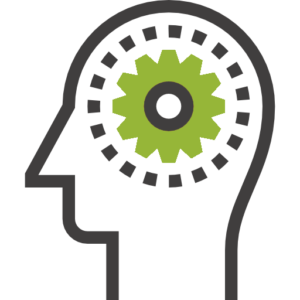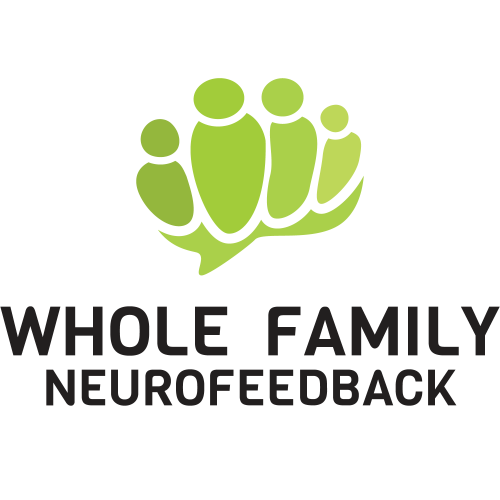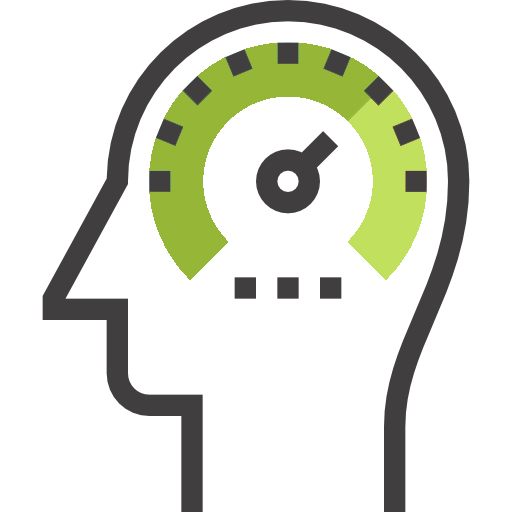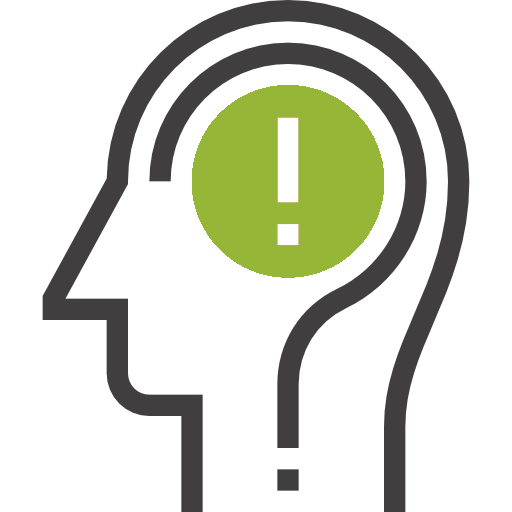Focus and Mental Acuity
 Do you have one or more family members who need to improve focus or mental acuity?
Do you have one or more family members who need to improve focus or mental acuity?
Does your child seem to hit a brick wall when it comes to school or homework lately? Are they frustrated? Are you? If you are like our family was a couple of years ago, not knowing what to do with a child who has difficulty staying on task or following directions, your level of stress might be high. The whole family’s level of stress might be high. I remember when my youngest started middle school. The shifts in her were painful to watch…and to feel somewhat helpless about. Her focus and mental acuity just weren’t what they could be, not to mention her sense of peace and happiness. The stress both I and my husband felt impacted our marriage, and of course, our marriage impacted her.
I tried to work on our daughter’s diet, and I added several supplements to her daily routine. But my stressed and worried approach seemed to cascade into making her feel a bit worse. My husband didn’t like the approach either but wasn’t sure he could say anything that would help the situation. Over time, I backed off of the diet and supplement approach, and we just coped the best we could. We made a few changes in our lives including a major move to a location that was healthier for us (I ❤️ Colorado!), and we put time and effort into therapy. Each of these things was very effective, but our daughter still needed help. And so did our family.
We finally discovered NeurOptimal® neurofeedback. You can read more about our story here.
NeurOptimal® Neurofeedback
As part of our own wellness program for our family, neurofeedback proved to be the help all of us needed to live better with the ADHD and and other learning challenges that we later learned were in all of us to some extent! NeurOptimal® promotes making healthy lifestlye choices such as managing stress to cope with ADHD, which Johns Hopkins* and the Mayo Clinic** identify as an important part of living with ADHD. According to these institutions, parent support is essential, contributing to the reduction of parent and family stress. In addition, NeurOptimal® neurofeedback helped us change our perception of the challenges our family faced. Instead of seeing the difficulties as beyond us, we started to feel more empowered, creative, and calm about them. Of course NeurOptimal® doesn’t treat or cure ADHD, but it helped our daughter measurably with:
- Enhanced learning capacity
- Enhanced ability to relax
- Focus and mental acuity
- Improved concentration and problem-solving
- Logic
- Self-esteem
- Emotional reactivity
- Social resilience
- Happiness
- Affection
- Achieving personal goals
- Improved sibling relationships
More importantly, it helped us with:
- Calmer marriage
- Calmer parenting
- Greater focus and mental acuity
- Improved confidence in our parenting
- Improved physical resilience
- Waking feeling refreshed and ready for the day-to-day challenges of life
- Greater consistency in food preparation and family meals, thus promoting a happier family life
How Neurofeedback Helps Unlock Your Family’s Inherent Potential
At this point in the history of NeurOptimal® neurofeedback, there have been millions of hours of brain training conducted to observe its impact on families. The impact of brain training varies, but the evidence is strong. Dynamical neurofeedback® is an effective tool for significantly mitigating the downsides and challenges of family stress related to many conditions.
NeurOptimal® is unique in that instead of finding something “wrong” with a person’s brain, it taps into what is “right.” NeurOptimal® capitalizes on what the Central Nervous System (CNS) is already doing and doing well: detecting difference and alleviating discomfort. When a person gets a scratch on their leg, for instance, the CNS “sees” this as a “difference,” and it immediately moves into action to address the situation. When a child is learning to walk, and they trip and fall, the CNS “sees” this as a “difference” as well, and adjusts accordingly so that ultimatly, the child learns to continually adapt to the terrain before them. During a NeurOptimal® session, using our Dynamical Thresholding, the system detects the “differences” in the brain, and then “shows” these differences to the CNS. The CNS then adjusts. People then are better able to adjust to the stressful or challenging experiences of their lives, mentally, emotionally, and physically.
Tips for Parents Considering Neurofeedback for Their Son or Daughter
- Make your own brain training a priority
- Check out a book called ScreamFree Parenting by Hal Runkel.
- Remember your child isn’t giving you a hard time. Your child is having a hard time.
- Read our article on extrinsic contstraints here. It is important to have realistic expectations of neurofeedback.
- In fact, developing realistic expectations of your children (or yourself) is also helpful. Using NeurOptimal® your child will still be your child. Your family will still be your family. While sometimes people experience “miracles,” the long term and mature view is that we are still human with both limitations and resources. Wellness is a life long and meaningful journey. 😳
- Curiosity about your own as well as your children’s shifts is key.
- Don’t hesitate to reach out! We are available for coaching you through your shifts!
**Mayo Clinic: https://www.mayoclinic.org/diseases-conditions/adhd/diagnosis-treatment/drc-20350895
Maybe you’re about ready to start your brain training experience but still have a few questions.
Don’t I or my child need a QEEG brain scan to do neurofeedback training?
No. A diagnosis or “brain map” is not needed when using Neuroptimal® neurofeedback system. Neuroptimal® has a more advanced understanding of the dynamical brain and of how that brain makes changes to optimize. In addition, a static picture at any given moment in time does not provide a complete understanding of what is happening in the brain.






